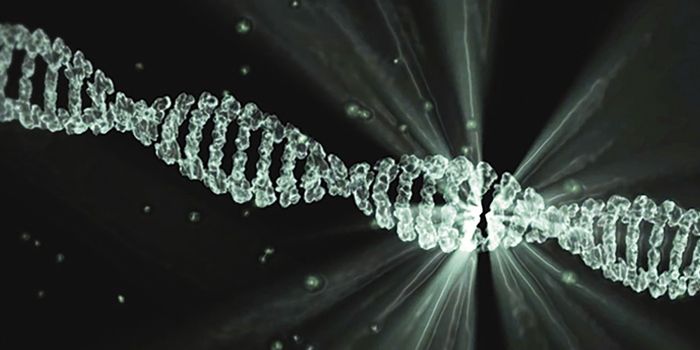Can a Brain Look Lonely?
Loneliness manifests as a feeling, and it's one that many isolated individuals have experienced acutely this year. The typical stress of the holiday season is likely to be exacerbated for many people by the unusual circumstances we've all faced due to the pandemic, and people may find themselves becoming lonely or depressed. While there are many treatment options for mental illness, they are not always effective, and some people have to try different things before they settle on an approach that works. If we can get a better understanding of the biological basis of mood disorders, we will be better equipped to treat them.
Scientists have now assessed genetic, psychological, magnetic resonance imaging (MRI) data from about 40,000 adult volunteers around middle age. This information, from the UK Biobank, enabled the researchers to compare the characteristics of people who reported feeling lonely often and people who did not.
The work, which was reported in Nature Communications, revealed that lonely people's brains are a bit different from others' in several ways. The brain has a set of regions called the default network, which is related to our innermost thoughts like our imagination, future plans, and judgments of others. In lonely people, the links in this network are stronger, and in a surprise to the researchers, there was an increase in the volume of grey matter in these areas. There were also changes in a bundle of nerve fibers called the fornix, which transmits signals from the hippocampus to the default network. The fiber tract's structure was preserved to a greater degree in lonely people.
A genetic analysis suggested that in lonely people, there are small variations in the sequences of some genes that drive biological changes that are linked to an increase in the likelihood of loneliness.
Because the default network is related to fantasizing about the present, thinking about the past, or picturing the future, it may be that lonely people use their imagination, memories, or hopes about the future more often than people who are not lonely, suggested the researchers.
"In the absence of desired social experiences, lonely individuals may be biased towards internally-directed thoughts such as reminiscing or imagining social experiences. We know these cognitive abilities are mediated by the default network brain regions," said lead study author Nathan Spreng from the Montreal Neurological Institute-Hospital (The Neuro) of McGill University. "So this heightened focus on self-reflection, and possibly imagined social experiences, would naturally engage the memory-based functions of the default network."
"We are just beginning to understand the impact of loneliness on the brain. Expanding our knowledge in this area will help us to better appreciate the urgency of reducing loneliness in today's society," added senior study author Danilo Bzdok, a researcher at The Neuro and the Quebec Artificial Intelligence Institute.
Sources: AAAS/Eurekalert! via McGill University, Nature Communications








